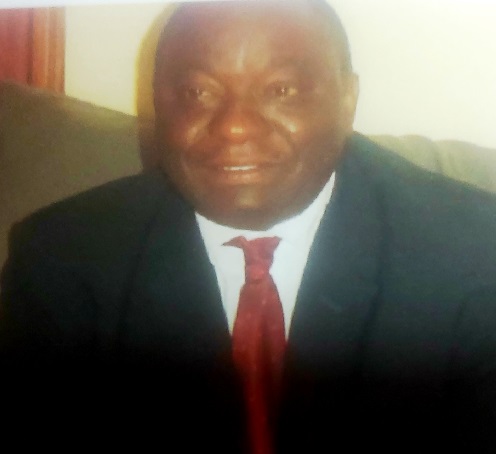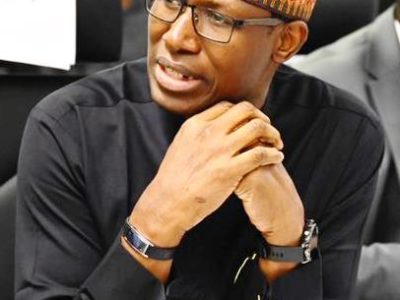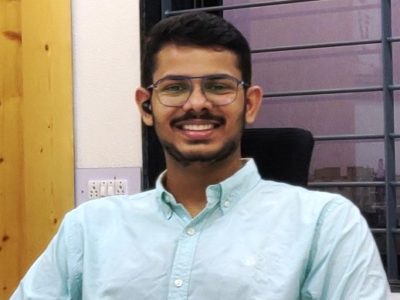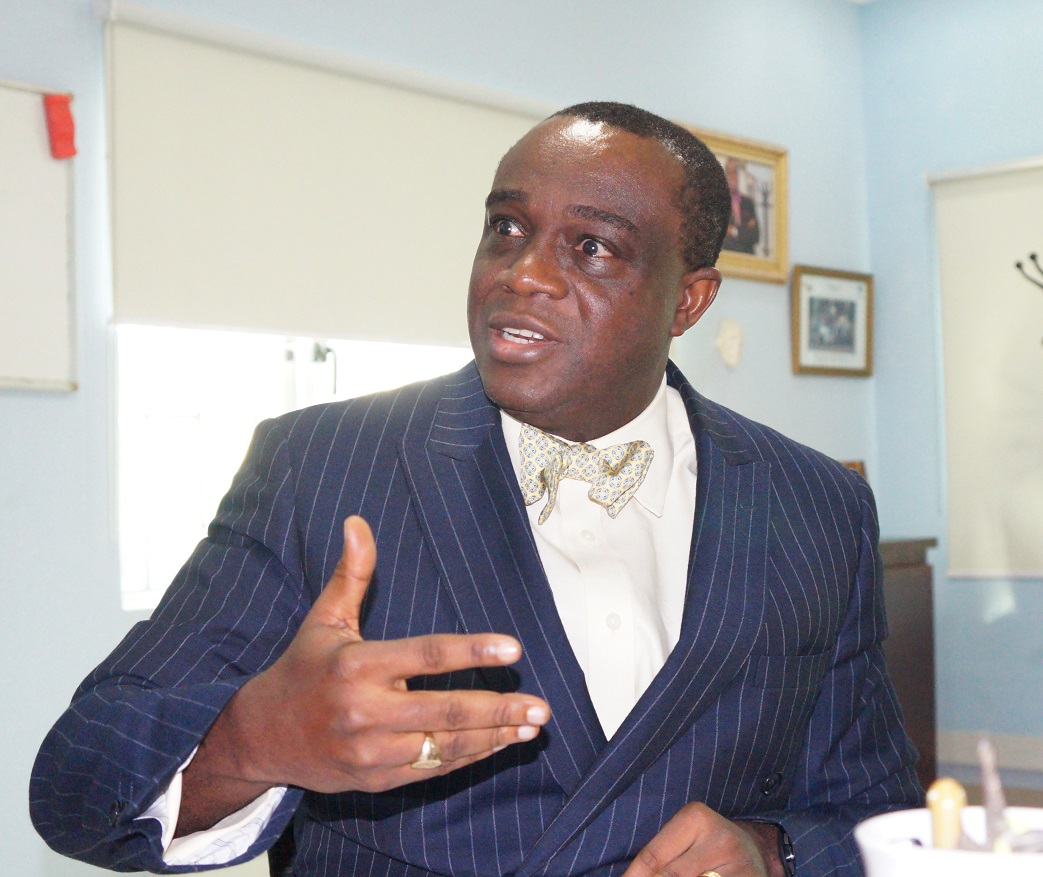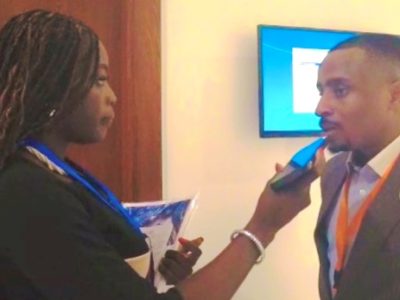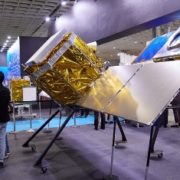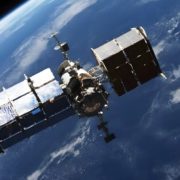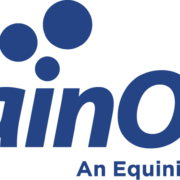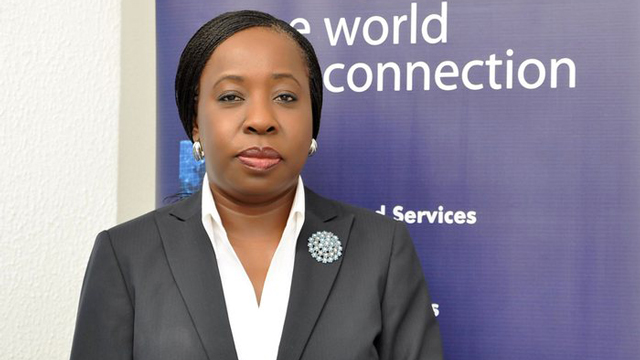Director General of RASCOM and Chairman of RASCOM QAF Jones Killimbe in Abidjan, Cote d’Ivoire says the competitive edge of the pan-African satellite is that it would be cheaper and more focused on Africa than any other satellite. He shares with SEGUN ORUAME.
what is the progress report on RASCOM since the beginning of this year?
Let me first thank you very much for the coverage that we had, based on the interview you held with us in South Africa. We have seen the edition and it is wonderful. We believe that it is doing a lot to inform the public in Africa on what is going on in RASCOM. We need the support of every African as we mobilize time, fund and other resources for the launching of the satellite. We are mobilizing our shareholders, the different telcos in Africa who are shareholders in RASCOM to contribute to their equity; we are also talking to the banks right now to see that they could be in the position to bridge any gap that might come. There are a number of banks within Africa which have been approached and I think it is one of the ways we are trying to integrate not only the African countries through the region integration of such project but also being able to use financial sources within Africa which is also very important. So, that is actually what has been going on and result should be seen very soon. We are working to ensure we complete all the deals in time to get all the funds required for the launching of the satellite. We have been talking to launchers because the main activity, which should be coming is the launch of the satellite to create the right atmosphere and also to get the right quotations in terms of getting the right price. When I say right price, I mean the one which is to our advantage for the launching of the satellite and this is going on very well. I think very soon we shall be announcing to Africa which launcher service is going to launch the satellite. Our African signatory countries have increased. We are forty-five now, one country has joined RASCOM that is Eritrea and for us it counts a lot. Africa has helped Africans to fortify their members and a country joining this year means we are still viable or we are doing the right thing. For Eritrea to have joined RASCOM to make the total number of countries forty-five is a thing of delight to us. We expect two more countries to join before the end of this year based on the discussions, which are going on at the moment. I am not going to mention those names now until we are at the level where we can make public comments. But I can reveal one because we have already gone far and that is Equatorial Guinea, which have declared its interest to join RASCOM. We have been giving them all the right information they need and also, we have visited Equatorial Guinea, some of our delegations just came back to help it get on board and make us forty-six countries in RASCOM. These small members count, they look small but they have a very big message affirming that what we are doing is right. They have been waiting for this satellite system for quite some time and it is still relevant today because the challenges that we faced ten years ago are still here today and we shall have these challenges for the next several years to come.
In the light of the financial hurdles you still have to cross; you think 2006 is a realistic date?
I think the most important thing is, it is better to have that time in mind. There must be very strong reasons for us to move that date because there should be no way to relax on it as we are at the stage where we really must exert our effort and push and we are not relaxed in our determination. We are still determined that the launching will take place in 2006. If there be any change in terms of months that will not matter since the most important thing is, we are still committed to launching the satellite in 2006.
What regional impact will RASCOM be able to immediately achieve after it is launched?
Information is now a source of power and communication is an integral part of development and then communication is the way of getting information, it is the way of sharing information, it is the way of disseminating information. Communication is one way of maintaining peace because you build confidence in people and peace is pivotal in terms of development. You can create relationships between the various countries using this satellite. I mean we are talking about communication, information and even food. For example, if there is a lot of food in Region A and this food is to be transported to Region B, all you need is first is a call to realize that they need so many types of food. That will save you the time of going first to that place to find out how many tons they would want and then going back to your place before transporting the food to where it is required. You are here now in Ivory Coast and soon you will be in Lagos, if you can get information about any problem that is available in another country within a second, that would make a lot of difference in how you do things. So, we need the RASCOM infrastructure to move us forward in terms of development.
As a Chairman of RASCOM QAF, what is the framework of this company in relation to RASCOM as an organization?
We established RASCOM QAF as a private company commissioned to do the business of RASCOM. RASCOM QAF was established by shareholders of RASCOM as joint ventures with Alcatel of France and Libyan Corporation among others as a private company to manage the installation and business of satellite in Africa on behalf of RASCOM.
How has frequent policy somersaults in Africa and changes in government affected the progress of RASCOM?
RASCOM was put together as the expression of political will of the various countries that own it. Our political leaders established the reasons why we need to have a system like RASCOM and having made a lot of resolutions, they selected experts from African countries who did an in-depth study on the initiative. The experts did a study and they came out with the only solution that can be feasible and reliable in order to connect Africa and also reduce the transit charges, and also integrate the rural communities through satellite; it is on this foundation that RASCOM was established. Again, these leaders had a sense of mission and a clear vision on how RASCOM could help in achieving their communication objective for the continent. It is also true that political view depends on an individual in some places especially if there are no proper handover modalities. In situations where change occurs, as must be the case. It is very possible that you see one leader being so enthusiastic about the project and then another one comes or another minister comes, he has other priorities and RASCOM is priority number two or four and not one. But what is important is that there has to be continued political will until the intended objective is achieved that means the political will to have a satellite that is RASCOM has to be continued. That political will to see that the satellite is manufactured, launched, operational and that the benefits go to the counties, and the rural areas must not cease. The good thing is that the political will, as expressed by our leaders, has not waned.
How relevant and appealing will your service be in terms of pricing?
One of the objectives of RASCOM when it is launched was to address the issue of price. RASCOM’s main objectives are easy and affordable connectivity. We have to be attractive in terms of pricing in order to enable access. RASCOM services is going to be competitive in terms of price compared to the available services being offered by others who are in the same business because we are talking about bringing down price in terms of connectivity between countries in Africa. We are looking at reducing the cost of intra-Africa connectivity and making communication affordable to the rural communities. I cannot give you an exact price now but I can only tell you that there is no use having RASCOM if our services are not competitive or if the prices are higher than what we have now. As everybody knows, most of the population in Africa is rural, about 80%. So, we have built up some rural integration facilities in our system to connect rural communities, give them access not only to telephone but also fax data and digital television reception. The RASCOM satellite will be connecting 53 countries simultaneously so that gives us an advantage no satellite has on the continent.


